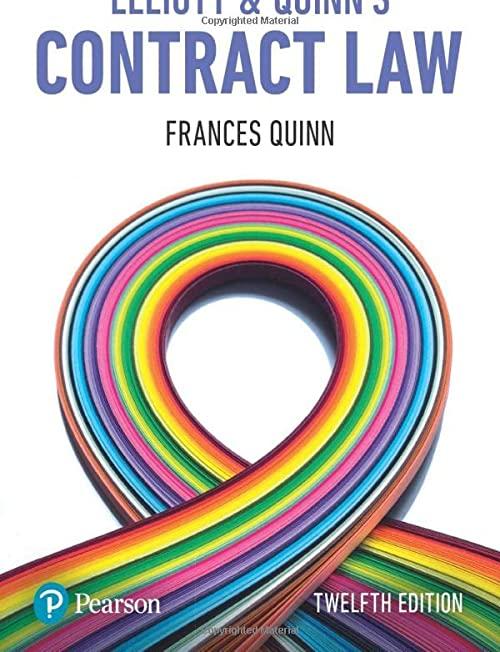Answered step by step
Verified Expert Solution
Question
1 Approved Answer
Hello, This is American Law, Thank You Supreme Challenge #1 Alarbm'y V. Aladt'son 1803 Summm; Conrm that you have read and understood the information provided,
Hello,
This is American Law,
Thank You


Step by Step Solution
There are 3 Steps involved in it
Step: 1

Get Instant Access to Expert-Tailored Solutions
See step-by-step solutions with expert insights and AI powered tools for academic success
Step: 2

Step: 3

Ace Your Homework with AI
Get the answers you need in no time with our AI-driven, step-by-step assistance
Get Started




